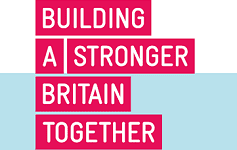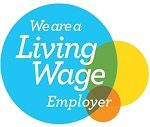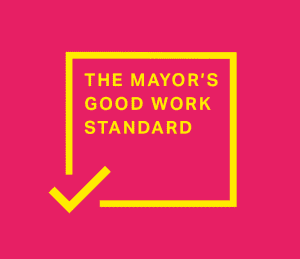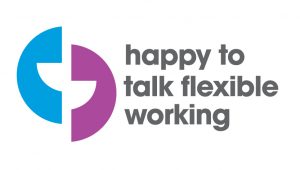“I can’t afford to stay at home”: Gaps in support for the self-employed
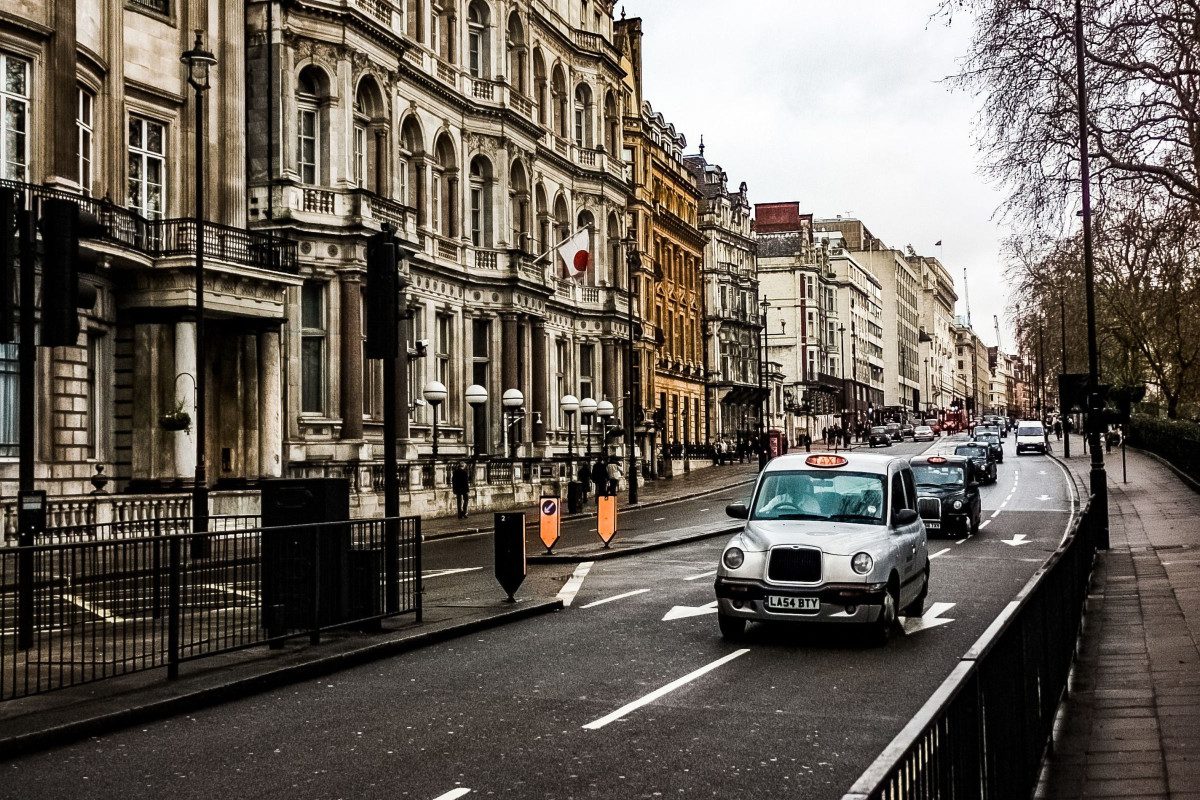
Anwar lives in Tower Hamlets with his wife and two children. His first priority is supporting his family, and he works hard to make sure they have enough income to cover costs. Up until the crisis started he was managing by working as a self-employed Uber driver, but this work stopped suddenly with lockdown, throwing the family finances into crisis. Here Anwar describes the impact of the lockdown, his efforts to protect his family, and his call on the government to plug the gaps for self-employed people.
“In my dreams, in my wildest dreams, I never thought this would happen to our family”
“When the crisis started, it was very difficult time, a very violent time to be honest, for me to not be able to work as a driver any more. I’ve got two children to feed and I’m not eligible for the self-employment support coming in June because I’ve only had this job for nine months. I haven’t had any money come in since the Coronavirus lockdown started.
I have been on Universal Credit for almost a year, but it takes time to recalculate what you should get when your earnings change, and it only comes in once a month. At least tax credits were weekly, it’s really hard that Universal Credit comes in monthly. People need weekly income.
I’m taking a big income drop. I used to know every week about what I’d be earning, which was an average of £350 per week. Then with Universal Credit, I knew I could cover the essentials like rent and food for my family. I’ve now managed to get a job in the local supermarket. But it’s a temporary job and not full time, and I only know what shifts I’m going to get at the beginning of each week.
Why are we left behind? If you’re helping self-employed people, it should include people who have been self-employed for less than a year. How many thousands of people are in my situation? The government needs to support us.
At home we don’t have the internet, and before it didn’t matter so much because we could go to the library. Until a couple of days ago, my daughter was having to do homework on my phone, when the school contacted me to say they hadn’t done their homework. Luckily for us, someone has donated a laptop now for our daughter.
We live in a flat, and we don’t even have a balcony. I’m praying to God for them to be able to go back to school. It’s so hard for them. They are four and seven years old, and they need space. School was the only place they could play. They never missed a day’s school.
I took the job as a driver so I wouldn’t have to stop doing my studies for English and Maths GCSE’s. This year I was going to do my exams in July. I’m not sure if we’ll be able to do it now. Video conferencing class should be starting soon though, thankfully.
I can’t afford to stay at home. Many people are in the same situation, many people are working because they have to work. I’m hearing so many stories. I know quite a few families who are in much worse situation. I know people who are working as drivers just to get something out of it. Other people are just desperately waiting for the first payment of Universal Credit.”
Anwar’s calls for change:
• The Self-Employed Income Support Scheme should be extended to people who have been self-employed for less than a year.
• People should be given the option of receiving Universal Credit weekly or fortnightly.
• Support families who are digitally excluded with tablets or laptops and free data, or through providing access in libraries (using social distancing) so children can study and parents can access information and benefits services.
• A minimum income guarantee to meet our essential needs of rent, food, light and heat.
We are hearing similar stories from families across East London and, as people’s experiences of the crisis begin to emerge in the media and online, we can see that Anwar’s story is likely replicated in millions of households across the UK. We fully support his calls to extend the Self-Employed Income Support Scheme so the newly self-employed don’t fall through the gap. And, as we emerge from the immediate shock of the pandemic, we have the opportunity to rebuild our welfare support system so that it effectively insulates us in times of crisis, allowing us to stay safe, well and able to participate in society through work, study, community and culture.
We also fully support his call for a minimum income guarantee, whether through implementing Universal Basic Income or adopting the Minimum Income Standards. Ensuring a guaranteed minimum level of income for all adults which meets people’s real essential needs would mean that, when the next crisis hits, whether that’s global, national or individual, Anwar – and millions like him – can tell a very different story.
The rapid growth of self-employment has been a pronounced feature of the UK labour market in recent years. Office for National Statistics (2020) estimates that there are 5.03 million self-employed people (15.2% of all people in employment), 195,000 more than a year earlier[1].
Citizens Advice are calling for the Self-Employed Income Support Scheme to be extended to people who have been self-employed for less than a year. You can read their recommendations here.
If you or anyone you know is struggling with the financial impact of COVID-19, our advice services are still operating over the phone by email.
Please get it touch, we will do our best to help. You can reach us by calling 020 7392 2953, emailing advice@toynbeehall.org.uk or by completing our online form and someone will get back to you.
[1] https://www.ons.gov.uk/employmentandlabourmarket/peopleinwork/employmentandemployeetypes/bulletins/employmentintheuk/april2020


















